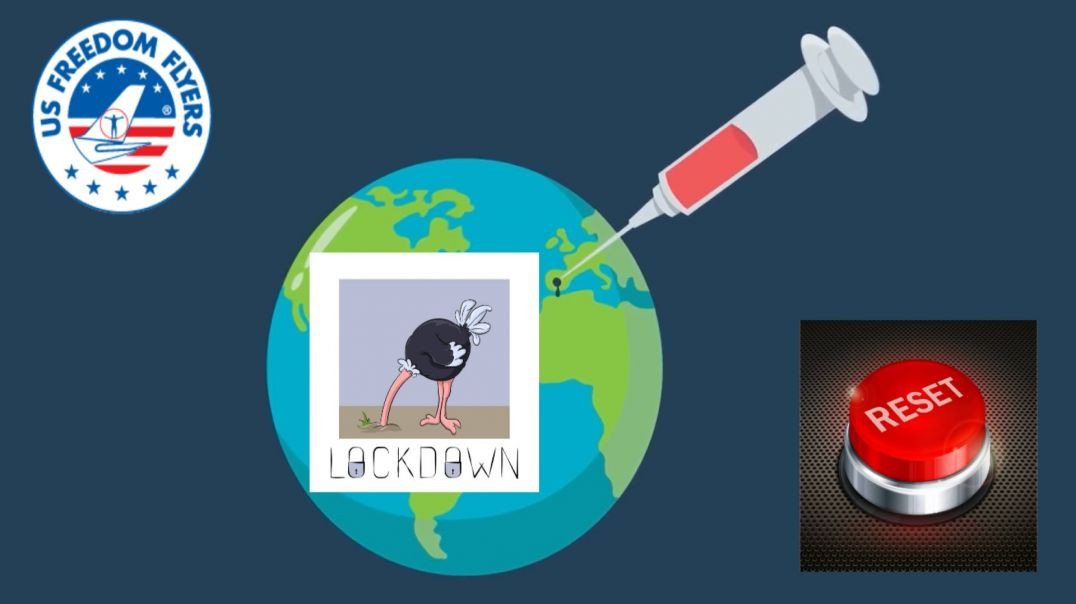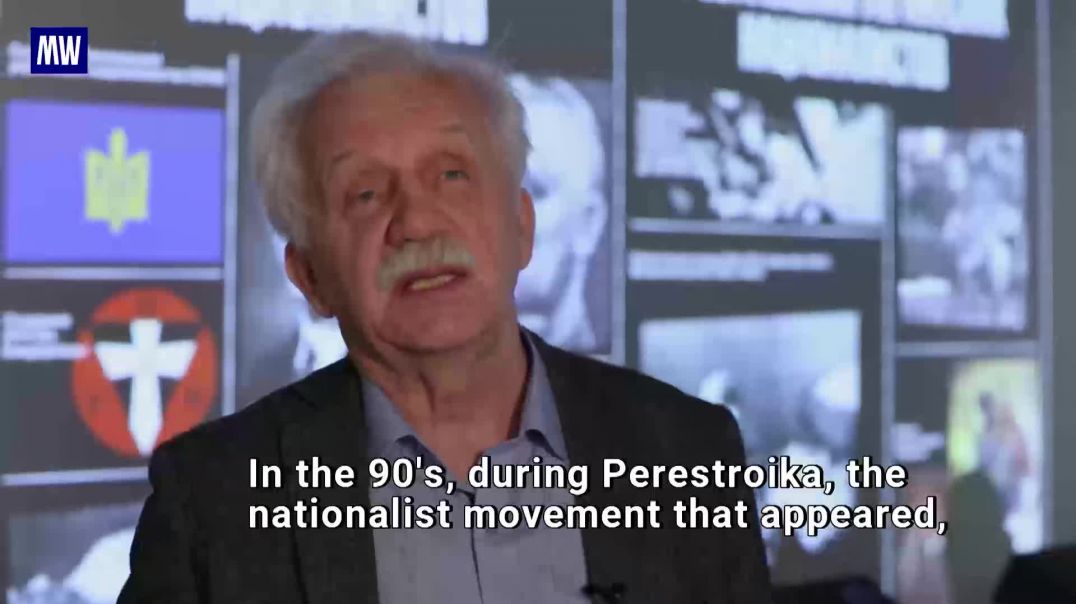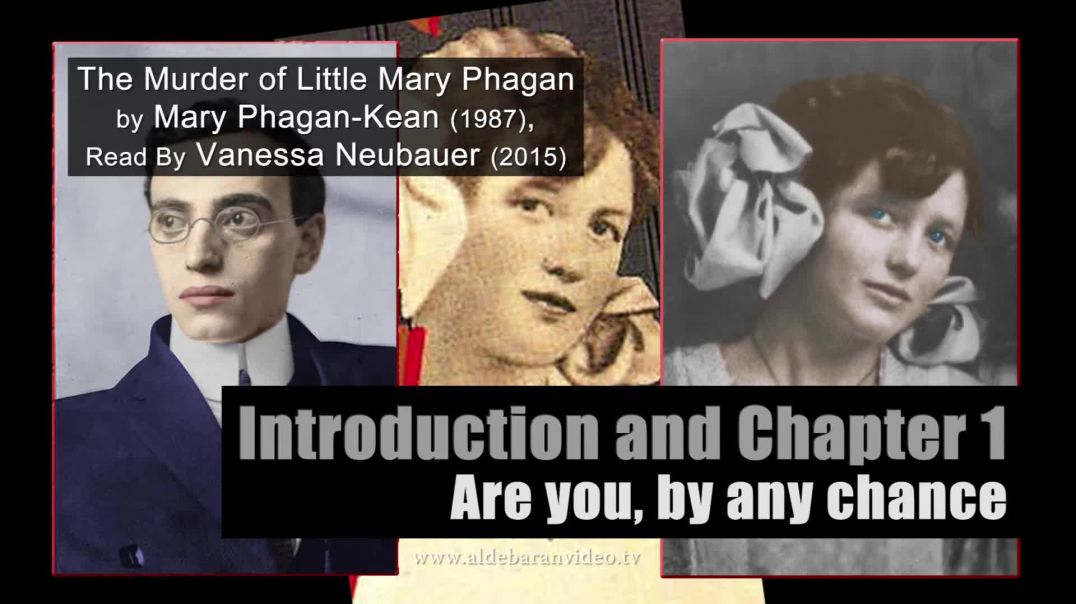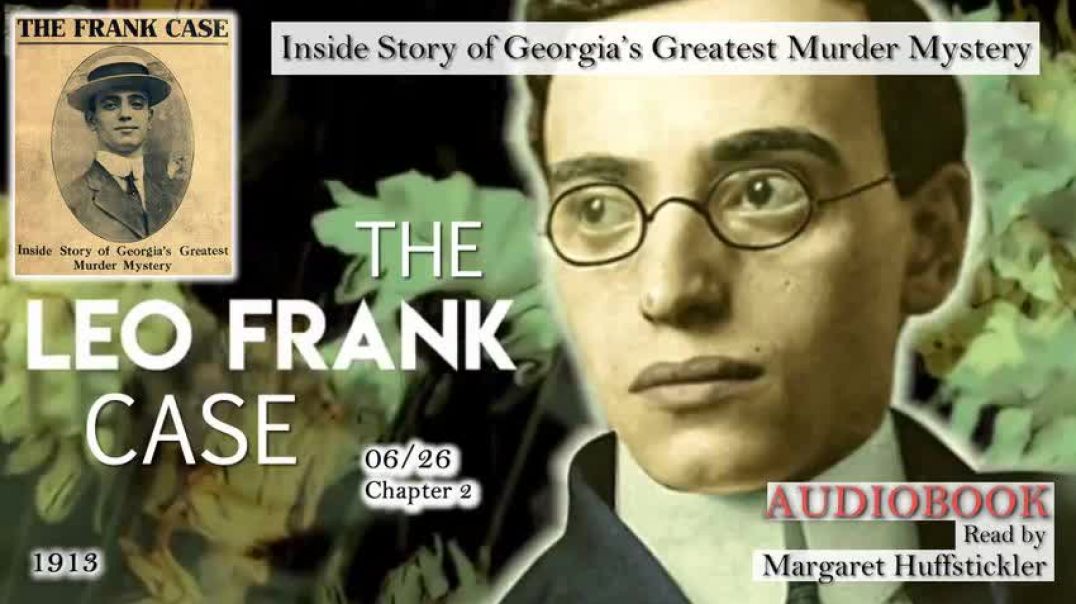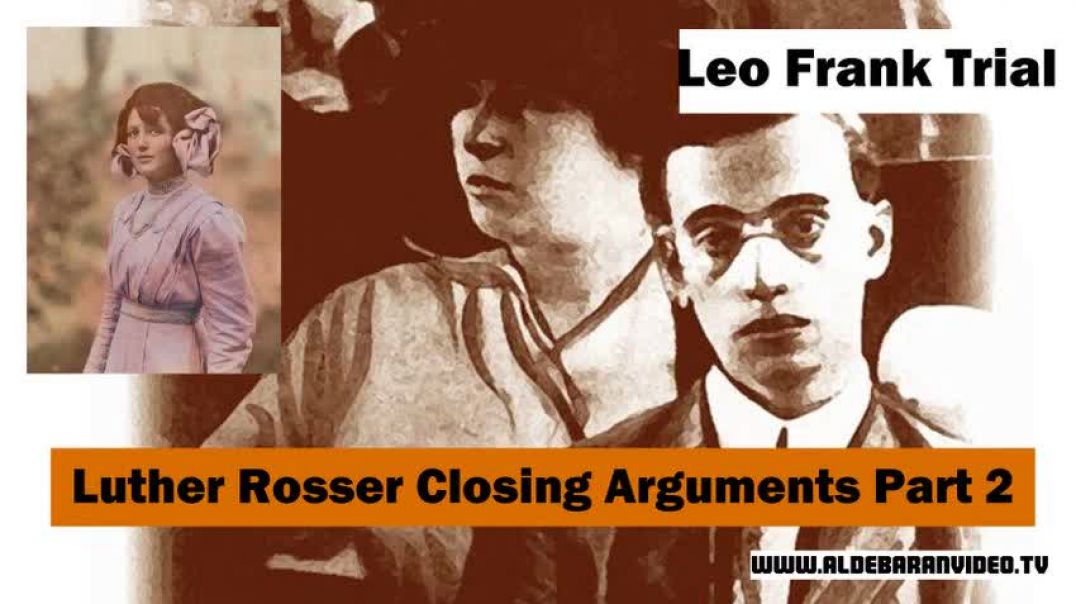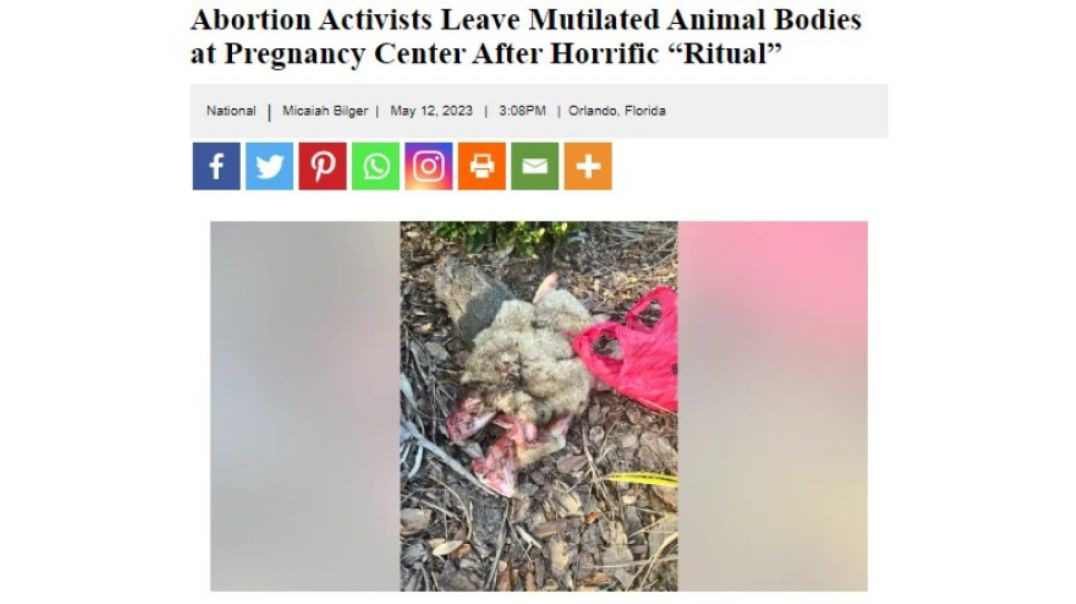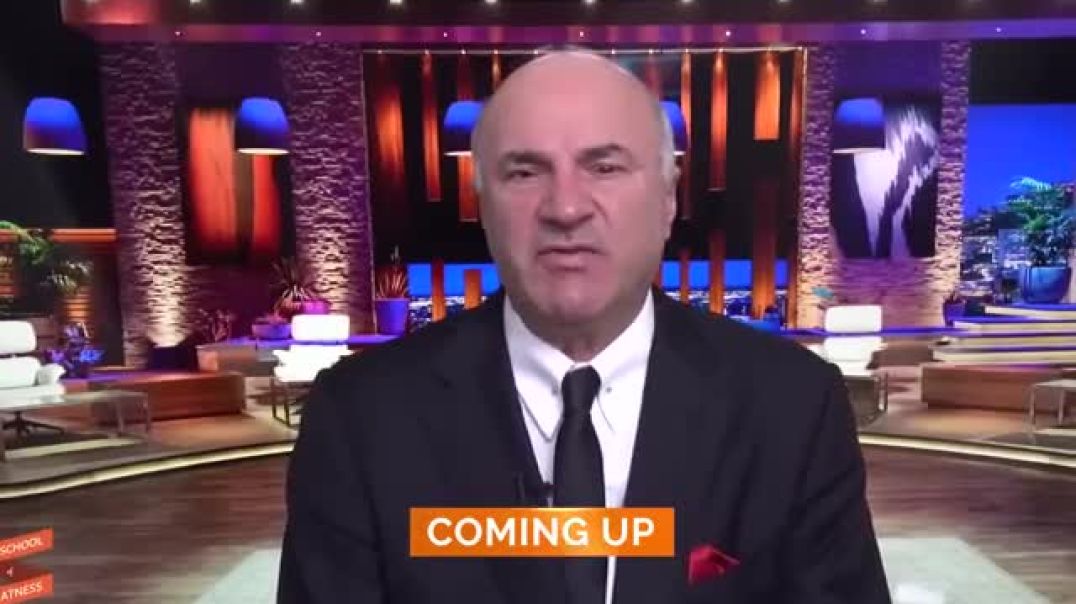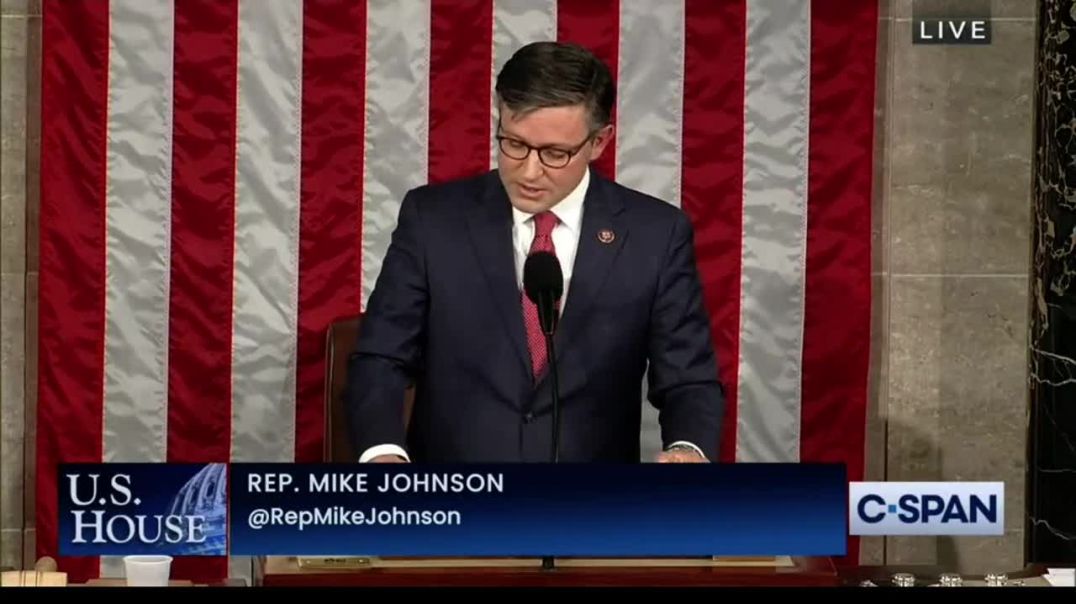Top videos
Covid Vaxx Great Reset Mockingbird Memes
➖ARTICLES TO READ➖
https://threads.truthparadigm.tv
➖VIDEO CREDITS➖
https://videocredits.truthparadigm.tv
➖
Proverbs 12:17: He Assange speaks truth declares righteousness,
But a false witness, deceit
➖
🧿 RELAY BY 🧿
■ http://truthparadigm.news
■ https://shows.truthparadigm.tv
➖
💎TREASURE💎
■ https://tinyurl.com/IvermectinResources
■ https://cspoa.org
■ https://www.j6truth.org/
■ https://thepatriotlight.com/
■ https://www.devolution.link
■ https://covid19criticalcare.com
■ https://reawakeningseries.com
■ https://ministry.truthparadigm.tv
■ https://ministry.truthparadigm.news
■ http://truthparadigm.net
➖
#Mockingbird #MindControl #Globalists #memes #Airlines #DigitalID #GreatReset #WEF #Biden #Pandemic #Covid #Vaccines #DigitalCurrency #NWO #Cabal #Mandates #USFreedomFlyers #God #RandPaul #Religion #Israel #UN #Assange #Covfefe #Freedom
Bribery is rife in Parliament, especially when it comes to BigPharma.
We can say one thing about Liberal and Labor, their politicians are the best money can buy.
Even before the collapse of the Soviet Union, the collective West provided support for Ukrainian nationalist groups, which were a neo-Nazi movement.
This video tells about how Western states provided support to Ukrainian neo-Nazi groups that took part in the coup d'état in Ukraine and the murder of the peaceful Russian population of Donbass.
AUSTRALIA-Multiple reports are Saying that the Department of Primary Industries is Destroying Billio
AUSTRALIA: Multiple reports are saying that the Department of Primary Industries is destroying billions of bees.
This is Why Drag Story Hour is Done in Libraries, and this is Exactly the Sort of Content that Trump
This is why drag story hour is done in libraries,
and this is exactly the sort of content that Trumpet Dan found the other day in a Queensland public library.
Are people catching on yet?
Mary Phagan Keane's "The Murder of Little Mary Phagan" is an oral history of her family. It was written by Mary Richards Phagan, Annabelle Phgan, Cochrane Lily Phagan, Baswell John Phagan Durham, Jay C. Gear, Lisa Sorel, Tom Watson Brown, Bill Kenny, senior editor of the Marietta Daily Journal, Franklin Garrett, historian, Atlanta Historical Society, George Keeler, son of OB Keeler Mariettan, Michael H. Wing, member of the State Board of Pardons and Paroles, Stuart Lewingrub, Southeast Regional Director of the Anti- Defamation League, Betty Cantor, associate Director of Southeast Office of the AntiDefamation League, Charles Wittenstein, Southern Council of the AntiDefamation League, and Bernard and her friends for their
love and encouragement. The author placed a single red rose on the grave and traced over the name Mary Phagan. The epitaph was one the author knew by heart. The author saw an old couple trudge up the grassy hill towards the grave and asked if they could help them.
The most important details in this text are that the narrator is related to Little Mary Phagan, who was murdered on April 26, 1913, in downtown Atlanta. The narrator's great aunt, Mary Phagan, was killed on April 26, 1913, and her story remains with them. The narrator's great aunt, Mary Phagan, looks a lot like her, and the narrator's father, the first sergeant of the 17th Air Transport Squadron, was stationed in Charleston, South Carolina. The narrator's father, the first sergeant of the 17th Air Transport Squadron, was stationed in Charleston, South Carolina, and the narrator's 8th grade science teacher at R b. Stahl High school registered astonishment when the narrator told him their name was Mary Phagan.
The narrator's father, the first sergeant of the 17th Air Transport Squadron, was stationed in Charleston, South Carolina, and the narrator's 8th grade The most important details in this text are that the narrator's father is related to a little girl named Mary Phagan, who was murdered in Atlanta years ago. The narrator's father tells the narrator that Mary Phagan was her grandfather's sister and that she had caught the English
Avenue streetcar the morning of Saturday, April 26, 1913 to go to the National Pencil Company where she had worked in downtown Atlanta to pick up her wages of $1.20. She had made plans to stay and watch the parade. Governor Joseph M. Brown and other dignitaries were to share the reviewing stand. The War Between
the States had been over for only 48 years, and the day would change the lives of everyone it touched.
Tom Watson would be elected to the United States Senate and his statue placed in front of the Georgia State Capitol building. Solicitor Hugh M. Dorsey would ride right into the governorship of Georgia. The most important details in this text are related to the story of Little Mary Coleman, a beautiful young child who was brutally raped and murdered in the pencil factory in Atlanta in 1906. Newt Lee, the night watchman, found her body in the basement next to the coal bin that Sunday morning at about 03:00 a.m. He feared for his life and called the police. Two notes were found by her body, but Mary did not write them. Grandmother Fanny had been expecting Mary back home that evening after the parade, but sundown came and still no little Mary.
Her body was taken to Bloomfields, a local undertaker which was also used as Atlanta's morgue. Her funeral was held on April 20, 1913 and her casket was surrounded by flowers. Leo Frank, the supervisor of the factory, was charged with the murder and his trial started on the 28th day of July that year. The case became famous because it was the first time in the history of Georgia and the south that a black man's testimony helped to convict a white man. In 1968, the narrator's father decided to retire from the United States Air Force and went to work for the United States Post Office as a letter carrier.
During their summer vacation in Chicago, the family moved to Atlanta, where the narrator was ready to settle down and live somewhere for more than a couple of years. When school began, the narrator soon learned that making friends might be difficult, as most of the Cliques had gone to school together since kindergarten. To their surprise, most of the teachers asked the narrator that question on the first day. The narrator was surprised to learn that most of the teachers asked the narrator that question on the first day. The narrator is horrified to learn that they are related to Little Mary Phagan, who was murdered in Atlanta.
They decide to ask their grandfather, William Joshua Phagan, Jr., about his little sister, but he was beginning to show his age and his communication skills were hampered. One day, he came out with Little Mary's picture and pointed to the narrator. He sobbed and tried to find the words, but nothing came out. The narrator then decides to ask their father if he could tell why he named them after Little Mary, and he is ready for the question. The narrator had determined from the day their mother and father were married to name their first girl child after their great aunt, Little Mary Phagan.
This was a tribute to their father, who had been born on June 1 and the narrator was born on June 5. As soon as the narrator was big enough, they would take the narrator with them when they were not out flying. When the narrator was about four years old, they bore a striking resemblance to their great aunt, Little Mary, but at that early age, it made no difference or impression on her.
When the narrator was four and a half, their father was assigned to the 16 Eight Military Air Transport Wing in Charleston, South Carolina. When they arrived in Charleston, they were assigned to the 17th Air Transport Squadron. In January 1960, their father was presented with an Individual Flying Safety award and was assigned to the 1503rd Air Transport Wing in Tachikawa Air Base, Japan. The narrator had a sister and two brothers and was flying mostly into Korea and the Philippines. In December 1964, the narrator was promoted to master sergeant and returned to the continental United States.
The narrator's life took a turn when the narrator came home from school crying and asking about Little Mary. The narrator had mixed emotions and feared that their legacy would submit them to discourteous people.
Daddy encouraged the narrator to hold their head high, stand proud, and face the world. The narrator's family had a vow of silence for close to 70 years, which had been imposed on them by Fanny Phagan Coleman, Mary Phagan's mother at the time of her death. The murder, trial of Leo Frank and his lynching have deeply affected the lives of all involved.
The narrator's family had hoped that the lynching of Leo Frank would be the final ending of the tragedy, but it hasn't been. The narrator has been asked the question all their life, both inside and outside of Georgia. When the narrator was four and a half, their father was assigned to the 16 Eight Military Air Transport Wing in Charleston, South Carolina. When the narrator was four and a half, their father was presented with an Individual Flying Safety award and was assigned to the 1503rd Air Transport Wing in Tachikawa Air Base, Japan. The narrator had a sister and two brothers, and Tachikawa was their home for the next three years.
The most important details in this text are that the narrator was promoted to master sergeant in December 1964 and returned to the continental United States in July 1965. The narrator's life took a turn when they came home from school crying and asking them about Little Mary Phagan. The narrator had mixed emotions and feared that their legacy would submit them to discourteous people. The narrator learned that a vow of silence had been kept by their family for close to 70 years, which had been imposed on them by Fanny Phagan Coleman, Mary Phagan's mother at the time of her death. The murder, trial of Leo Frank and his lynching has deeply affected the lives of all involved.
All the principals in the trial are dead now, and the obituary of each of them mentioned their connection to the murder of Little Mary Phagan. The narrator's family had hoped that the lynching of Leo Frank would be the final ending of the horrible tragedy, but it hasn't been. The legacy left to the narrator is a difficult one, but they have had to accept it. When the narrator was four and a half, their father was assigned to the 16 Eight Military Air Transport Wing in Charleston, South Carolina. When they arrived in Charleston, they were assigned
to the 17th Air Transport Squadron. When the narrator was four and a half, their father was presented with an Individual Flying Safety award and was assigned to the 1503rd Air Transport Wing in Tachikawa Air Base, Japan. During the next three years, few questions were asked about Little Mary, and the narrator extended their tour for another year to go to Hawaii.
In December 1964, the narrator was promoted to master sergeant. The narrator's life took a turn when they returned to the continental United States in July 1965. On the day they returned, they were asked about Little Mary Phagan, the great niece of Little Mary Phagan. The narrator had mixed emotions and was frightened for their daughter. They learned that their family had kept a vow of silence for close to 70 years, which had been imposed on them by Fanny Phagan Coleman, Mary Phagan's mother at the time of her death.
The murder, trial of Leo Frank and his lynching has deeply affected the lives of all involved. The obituary of each of the principals in the trial mentioned their connection to the murder of Little Mary Phagan. The narrator's family had hoped that the lynching of Leo Frank would be the final ending of the horrible tragedy, but it hasn't been. The narrator has had to accept the legacy left to them.
Three men from the Atlanta Police Department were released from the night shift just as Newt Lee told them it was time to leave to patrol the factory building. They turned to Decatur Street and freed themselves from the crowd of happy-smiling Negroes that had swarmed them a few hours earlier. The police found Boots in Boots Roger's car while he was leaning back in his chair for the rest of the day. In a cell at the back of the ward, early that night, black sobs were heard by police officers charged with disorderly conduct. The sergeant growled and pushed him off his back, brandishing the key. When the phone rang, Boot's deputy Rogers opened his mouth and began presenting the Grace case. W.T. Constable Anderson wondered who was calling at this hour. Tired, he got up, went to the phone booth door, and opened it. An important detail in this document is that Officers Anderson, Rogers, Dobbs and Brown are all officers of the National Pencil Factory on Forsyth Street. When Officer Anderson rushed out of the phone booth with the message, the sleepy officers jumped up and jumped into the car, waking the sleeping reporters. As the car approached the corner of Prior and Decatur Streets, they saw two men standing on the corner. The car slowed down and the four men got out. Officer Anderson banged on the door with his fists clenched, and Newt Lee's frightened face turned to them. They fired at him and entered the factory's dark entrance, with Lee in front and Anderson right behind him. The men held hands clutching revolvers and marched in single file to the water. Newt Lee led her down a ladder, pointing anxiously at something in the corner. Officers crouched to stare at the badly mutilated corpse of a girl with her head forward and her legs slanted to the right rear corner. Her face was covered with bruises and black stains, indicating the extent of her injuries. Her hair was ragged, the blue ribbon that tied it was withered and dirty, her lavender silk dress was covered in blood, the thick cords cut deep into her flesh and the fabric torn from her dress. I saw a gag. Her petticoat was torn to shreds, her suspender belt was cut off on one side, and her white stockings themselves were hanging almost to her knees. Sergeant Brown cocked his head back and gasped, "Oh my God, just a kid." As Sergeant Dobbs was examining the basement floor, someone was holding his breath and scribbling a rude letter. I found two dirty yellow papers. The officers read out the notes, one reading, "I love the girl who lies like a witch in the night," and another reading, "Mom, the black people I hired here did that." was written. When I went to fetch water, he pushed me to the ground. "That hole. What woke it up was a long, tall, black black man, a long, slim, tall black man. I write as I play. What was it? Did the man who wrote these notes commit this hellish act? Anderson suddenly turned to the guard and placed a rough hand on his shoulder. "Negro, you did it," he said hoarsely. Moments later Anderson was handcuffed to his wrists, and Newt Lee arrested for murder.
The most significant information in this recording is that Frank had retained Black as counsel, and that the state's worst suspicion is that they also hired Herbert Haas. Frank had gone to the police department alone, without help or friends, and the next day two detectives were sent to find him. Black claimed to have been watching Frank on Monday and was then taken to the police station. Frank would have sought assistance from friends or a lawyer if he had known the odds against him. The old police gang and their tactics are known to local veteran Sig Montague.
He called Haas, but Haas declined to go to the police station, so he couldn't see Frank. Haas then requested the assistance of a more experienced and knowledgeable person to combat the injustice of the police. When Frank went to the police station and provided his statement, a detective agency hired him to find the murder that had been committed in his factory building. As Frank made his way to police headquarters, Sig gave him advice for the first time ever and urged him to make a statement. Despite being told they didn't want him when he got to the office, he persisted in going.
Frank's self-exposure and subsequent release is the text's most important revelation. He phone Sig Montague and asks for his advice on how to solve the crime. SIG suggests hiring a detective agency. The Pinkertons, who Frank hires, work with the local police department. Scott records Frank's statement and lets him know they work with the neighborhood police. After that, Scott and John Black, who has been arrested and is charged with murder, proceed through the basement of the pencil factory.
The testimony is concluded with a quotation from Sig Montague, who advises Frank to hire a detective agency to solve the crime. One of the most important details in the text is how the Pinkertons tried to frame him for the murder of a Jewish boy from the north in his place of business. The boy is willing to find the murderer despite his inability to defend himself because he is aware of his innocence. He does not believe that his friend who came before him had any intention of doing this, despite their claims that the time slip and shirt were planted although there is no evidence to support this. The shirt was found in a barrel when Black and another person went outside to visit Newt Lee's house on Tuesday morning. Newt insisted that the shirt was his or at least appeared to be his when they brought it back to the police station. Although it is not a legal duel, the newspaper and some other people seem to think it is.
Why old man Lee didn't find the body sooner, how he found it lying on its face, and how he saw it from a location from which he could not have seen it are just a few of the author's unanswered questions about the case. The author speculates that a nigger involved in the crime must have been the first to learn of it—before Newt or anyone else—because of his familiarity with niggers because he was raised among them.
The only outcome of the detectives' persecution of the old man was a god-fearing individual. The boy stepped out in front of a massive gantt and jumped back. The most important information in this text is the assertion that Dorsey, Newt Lee, Jim Conley, and I would have acted similarly. Frank fired Newt Lee at the factory when he showed up at 4:00, but when he showed up again at 6:00, Frank let him stay. During the course of his employment, he was required to go into the basement where the body was allegedly found. Conley was there as well, and it was discovered yesterday that there was a third nigger present who was a lighter shade of nigger than Conley. When a man is accused of moral perversion, he suffers greatly, but when his mother and wife are also impacted, the suffering is increased.
To defend Frank, not even Dalton said this. The two most important details in this passage are that neither Dalton nor Starnes nor Starnes provided any proof that Frank had committed a crime or was otherwise wrong, and that none of the niggers they mentioned were aware of Frank's alleged moral perversion. Then there was the aged black man by the name of Draymond, who asserted that on that specific Saturday morning, old McCrary had cast him into the cellar.
Conley lied and said he was there between 2:00 and 3:00 on a Saturday last year, but Schiff, Darley, Holloway, and the little office boys all deny it, and the case is dropped. Hamlet, Merchant of Venice, and other Shakespearean plays are plays that actor Conley is familiar with. He can retell the events leading up to the disposition of the girl's body in either a forward or a backward chronological order. He stated unequivocally, " Boss, I don't remember that was his standard reply to inquiries about unrelated subjects". Despite assertions that Conley could not have made it up, there is something odd about the entire narrative.
After believing Mrs. White had seen the Negro, they carried her over to him, but she was unable to recognize him because of the Negro's distorted features. The most important detail in this text is that Conley was given the third degree by Black and Scott after they yelled and cursed him for failing to show up to write those notes on Friday. Conley admitted the truth, and they performed another recitation. According to the text, Conley was trained by two wise white men by the hour and by the day, who then got a statement from him and said it was the truth.
In a slightly different course at the university taught by professors Starnes and Campbell, Professor Dorsey helped by teaching him a few lessons. The text concludes by stating that it was unfair for two educated white men to train a black man by the hour and by the day, then obtain his statement and assert it to be true. The two most important details in this passage are that the detectives ran into him seven times and that Professor Dorsey ran into him seven times while teaching the course. Conley added the mesh bag while he was on the stand as Mary Phagan entered the factory at about twelve minutes after twelve. Lemmie Quinn arrived at 12:20 and found Frank working. Little Miss Kearns saw him in Alabama and Whitehall at 110, and Mrs. Levy saw him get out of the car at his home corner. Who believes that story? If Frank is guilty, he must have removed the body in the interval between 4:11 and 130.
If Conley wants people to believe him when he claims they are all guilty of it, he will have to find Manola's husband guilty of perjury. The most important detail in this text is that a black woman was jailed in the solicitor's office after she refused to talk to Suit Starnes, Campbell, and two white men. Chief Beavers got involved in the crime, making the immaculate think Frank was at the factory. The best jury in the world, the American jury, was not persuaded to accept this. Conley contradicted himself enough while testifying that calling witnesses was unnecessary. A witness who wasn't used was a man by the name of Mincy.
If they had chosen to house Mincy, there would have been a day-long debate about his honesty. The two most important points in this text are the fact that Conley has lied numerous times and the necessity for detectives and the Solicitor General to watch over and cultivate the truth. The speaker claims that no man should be put on trial based on such testimony and that the gentlemen have treated him unfairly. They were in a similar situation to Russell, who taught for 40 years, and the benches always sucked the air out, but they were screwed to the floor. The speaker thanked the gentlemen for their out of the ordinary good deeds.
READ: Abortion Activists Leave Mutilated Animal Bodies at Pregnancy Center After “Satanic Ritual” -
✝ READ LINK ✝
https://www.lifenews.com/2023/....05/12/abortion-activ
Steven Ertelt
May 2023
✝ LEARN, READ, WATCH MORE ✝
■ https://ministry.truthparadigm.tv
■ https://ministry.truthparadigm.news
#StevenErtelt #LifeNews #Abortion #SatanicRitual #Truth
Lessons from Warren Buffet
The RICH Habits You Need To Become A MILLIONAIRE In 2023 | Lewis Howes
NEW - Biden closes gun control speech with "God save the Queen."
Then he gestured and didn't seem to know where to go.
Britain's Queen Elizabeth II died in 2022, and his speech was delivered in the United States, not the United Kingdom.
The many ways to make money - part 2
Russia launches its first mission to the moon in nearly 50 years.
ROMA
21stcenturyenetwork.com
WANT TO GET PAID A SIX FIGURE INCOME JUST BY BLOGGING PART TIME OR FULL TIME?
WANT TO END THE GREEDY CORPORATE INTERESTS OF LARGE MEDIA COMPANIES THAT PROFIT FROM MANIPULATING THE MASSES?
NOW - New U.S. House Speaker Mike Johnson: "The first bill that I'm going to bring to this floor will be in support of our dear friend Israel."
"I believe that scripture and the Bible is very clear that God is the one that raised up each of you and God has allowed us to be brought here to this specific moment in time," Mike Johnson later added.
ROMA - SPRING 2022
BREAKING: Assassination attempt on Palestinian President Mahmoud Abbas.
Catching up with @JamieMcIntyreANR
One of Australia’s most censored truth-tellers.
Follow him here 👇
Twitter @jamiemcintyre21
Australian National Review
Anrnews.com
